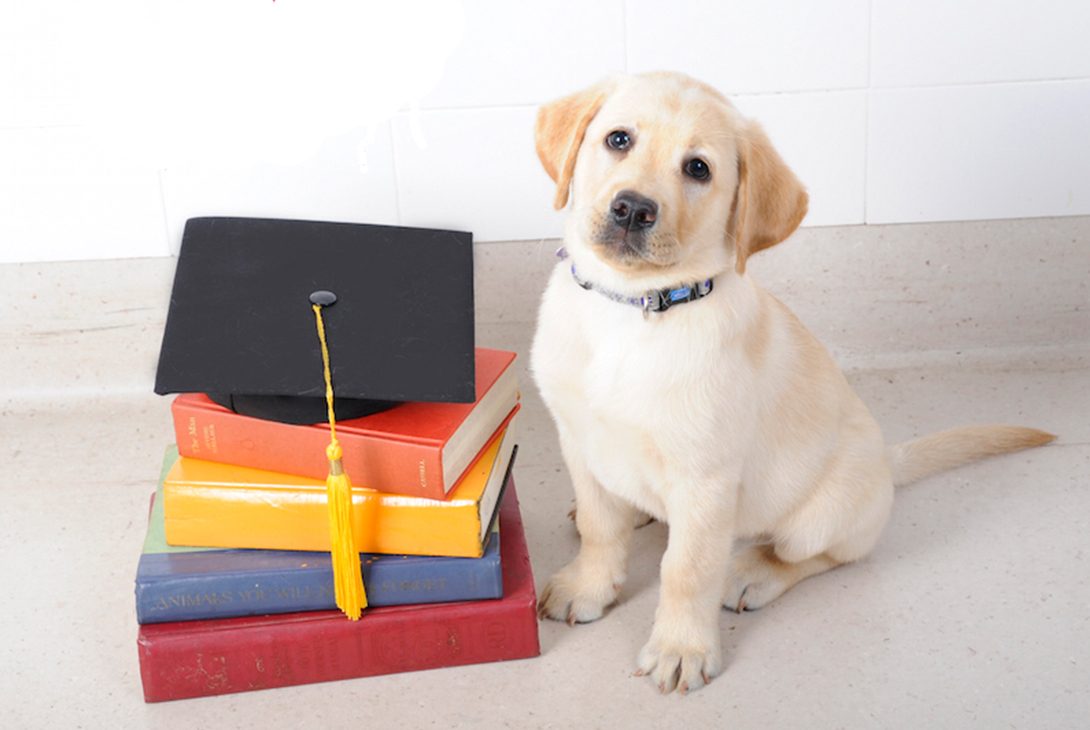
So, you got a new puppy... now what?

So, you got a new puppy in lockdown. Now that most of us can start to get out and about with our pets definitely consider puppy training or obedience classes with your pooch. Our first reaction to this, and if you’re like me and have had many dogs in the past, is that of 'I can teach him how to sit and stay and be good boy, in fact, he already knows it!’ However, puppy classes and obedience training are so much more than this.
The number one reason why we recommend puppy classes is to socialise your pup. This is critical in their development and will influence how they will interact with both people and other pets as they age. If they have repeatedly positive experiences as a young pup during their supervised, social interactions they are more likely to be a confident and settled adult dog. Dog’s form memories and it can take a long time for a dog to ‘get over’ a negative experience. We see this particularly with patients who have been attacked by another dog. Years later, their behaviour can still be altered and the victim dog becomes the aggressive one when triggered by fear.
If a puppy hasn’t been socialised, they may appear totally normal with your family but can become defensive and protective when people or other pets enter their space. This can be their personal space or their home territory. Hence it is important to establish their confidence and trust with people and other pets early on.

A dog will always look to a leader, and if he doesn’t have one …he becomes it. This type of behaviour is instinctive but in the modern world, it can be dangerous. Even for the smaller breeds! When choosing to take on a dog or a puppy, be their leader. They look to you for direction and their behaviour can reflect that. Often we see one person in the household that the dog responds best to or listens to via commands, other family members may be seen more as litter-mates for the dog and this can also cause problems. Especially when there are young children in the household. Again establishing the order early on with correct training can help a harmonious family life be achieved.
Obedience training in an older dog can assist with problem behaviours like aggression, barking, anxiety, jumping, lead pulling and many more. In fact, most breeds love the benefit of obedience and agility classes to keep their minds active and reduce unwanted behaviours that relate to boredom. When looking for a puppy class or dog trainer, be sure to select one that is accredited and recognised.
At the end of the day, dogs are extremely social beings and if we learn how to nurture their instincts in our modern world then everyone may be able to live a more peaceful life.